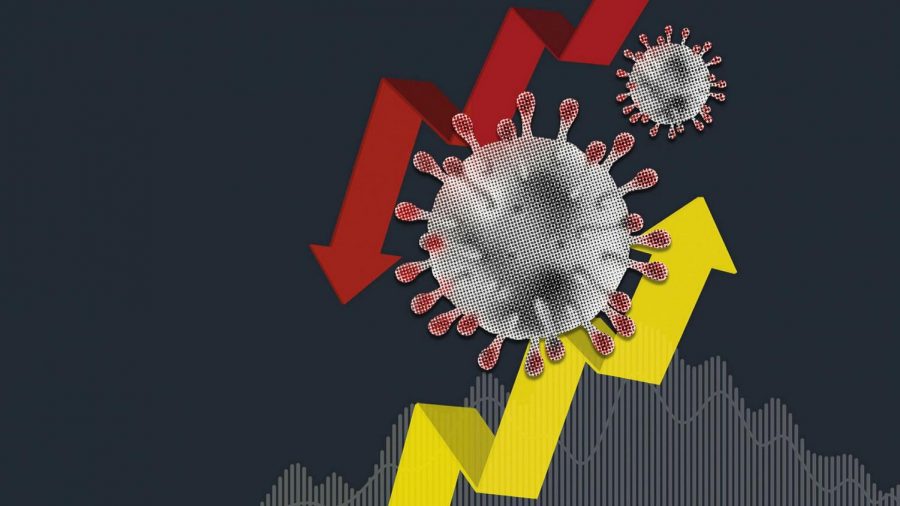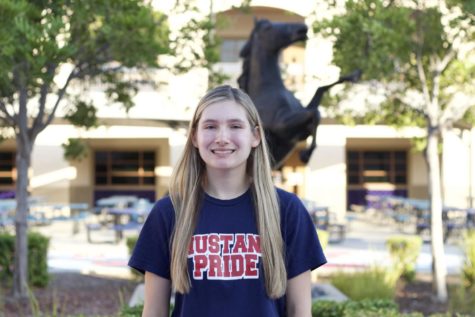New Coronavirus Mutations Spreading Around the World
Every virus mutates over time, and as the pandemic continues to mutate scientists have been observing how that will affect the pandemic.
January 17, 2021
Viruses mutate all the time. Just like humans need to adapt to survive, they mutate to adapt to new conditions or find ways to transmit more efficiently. Many people associate virus mutations as something to be concerned about. However, a virus’s goal is not to kill a population. Since it needs a host to survive, it will often mutate to become less deadly but become more transmissible. This is evident in the mutation seen in Britain, where the mutation is said to make the virus up to 70 percent more transmissible.
The mutation in the UK was first seen to be spreading towards the end of December. Since it is difficult to monitor where the virus has spread and stop travel before it is too late, by the time they had more information about the mutation, it was already in Colorado and California, specifically Southern California. Over winter break it was reported that someone traveled from the UK to Big Bear on December 11 and experienced symptoms three days later from the new variant (Scientific American). As a result of this, “the prime minister Boris Johnson imposed the country’s most stringent lockdown since March” (NY Times). Just as seen in March as well, the borders began to shut down again in hopes of better containing the new variant.
After this mutation was reported, in South Africa, a different mutation was reported. Just like the mutation in Britain, it is said to more transmissible. Though this may look concerning, scientists are not surprised by these new mutations, as they were long expected for months. (NY Times). However, this mutation in South Africa is sparking concern, as it has been resisting many of the antibody drugs used to treat coronavirus, making it worrisome that the vaccine may not be effective in treating it. (The Atlantic).
In these mutations, it appears that the way the virus locks into human cells and infects them is what has changed, making them easier to replicate and transmit more efficiently. With its rapidly advancing mutations, there are also other concerns about if it will mutate to the point where the vaccine will no longer be effective. Though this would typically take years to happen as the mutations are all so minor, as more and more strains are being discovered, it still poses a concern (NY Times).
Despite the steady process of getting people vaccinated, it is important to remember to still practice social distancing around people, as the virus is not over yet. Juliana Neemah (10) agrees with this, reminding people that “they should still practice social distancing with the vaccines because others may not be immune, and the vaccine is still undergoing numerous tests to prove how effective it really is”. However the pandemic ends, these mutations are important to think about as they have an effect on how the future of battling both this and other viruses.






















faith desio • Feb 20, 2021 at 8:47 PM
Awesome article Kylie! I think you did a great job explaining the new mutations of the virus. Thank you for the useful info and spreading the word.
Nikole galea • Jan 22, 2021 at 7:53 PM
Great article! This is super helpful info about all the new mutations. I like the reference you used when relating the mutations to us humans needing to adapt.